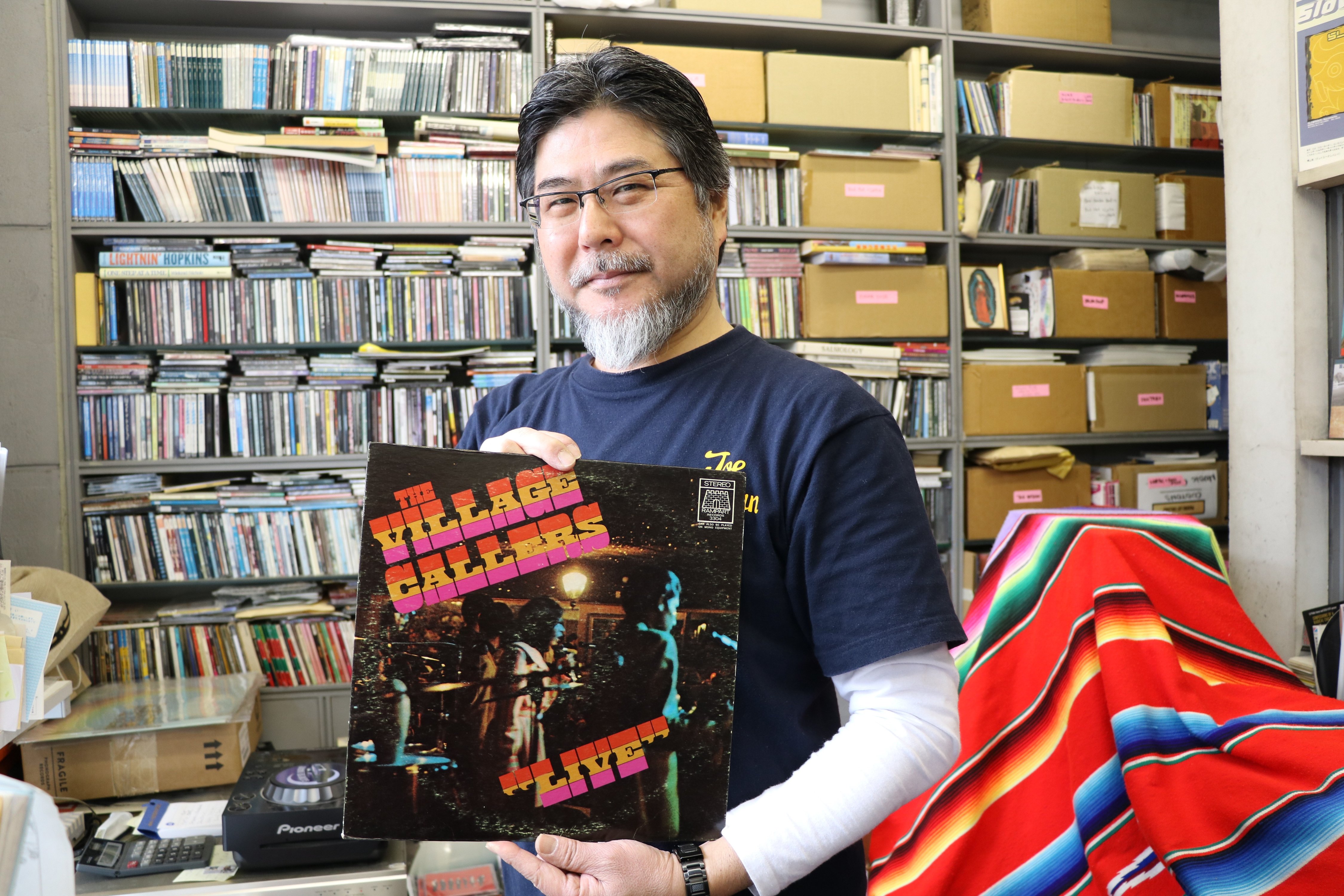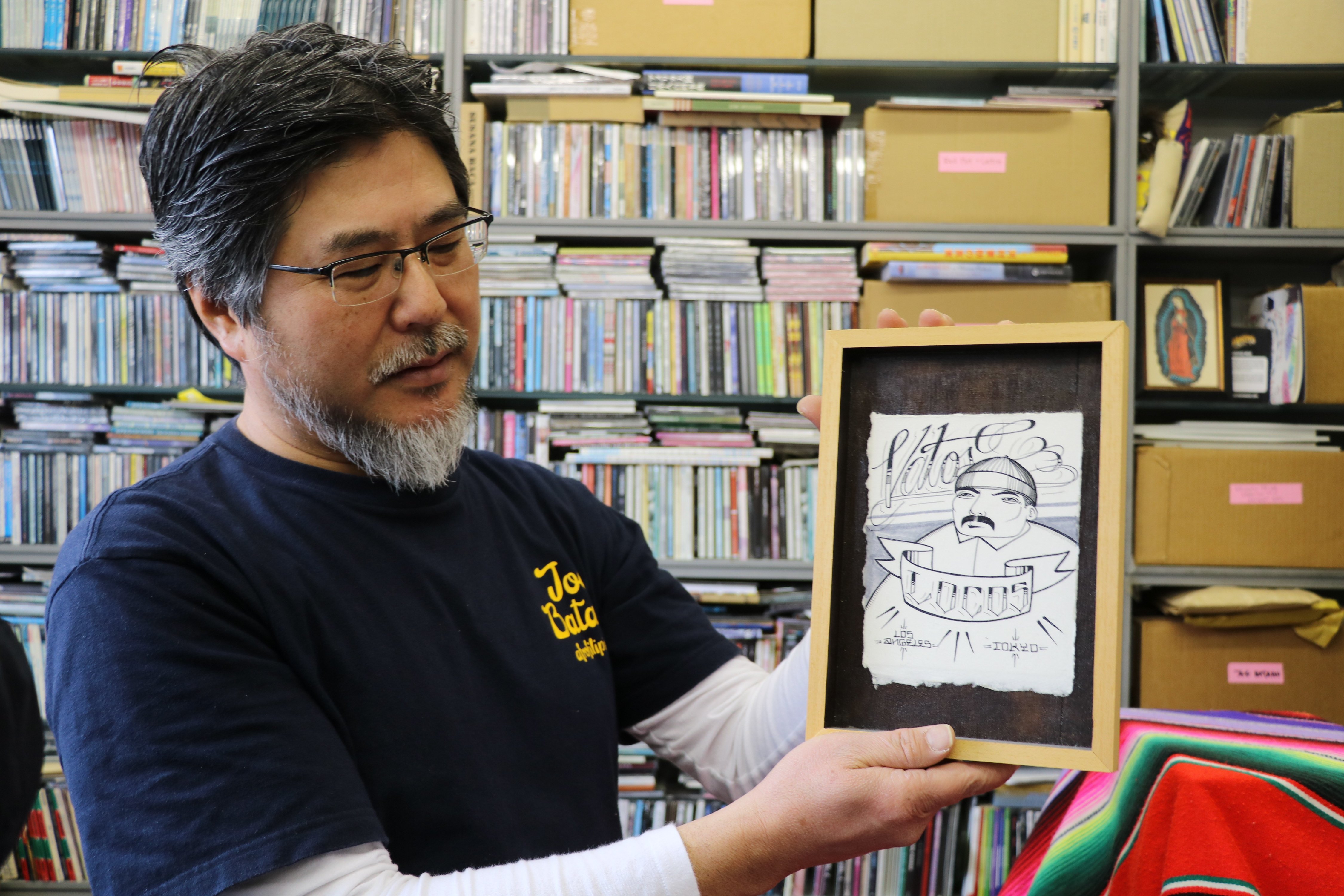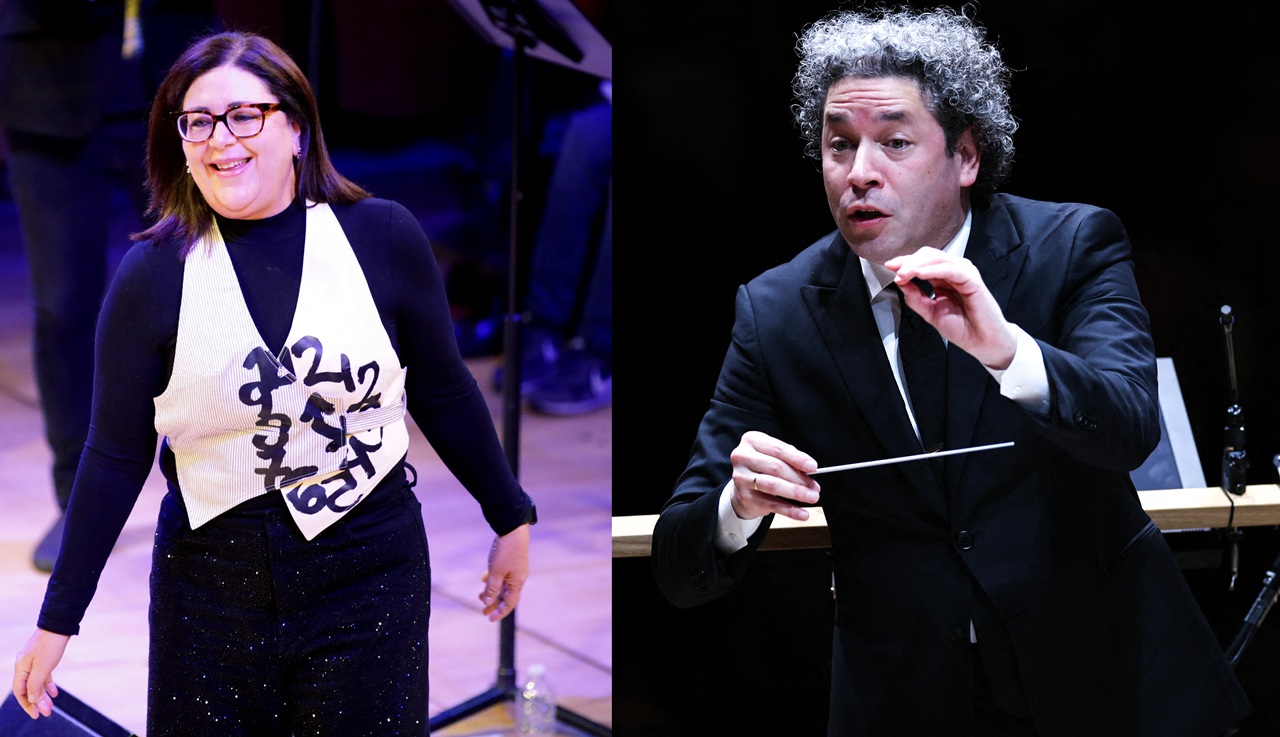
Record label opens the door to Chicano culture in Japan
Through a record label he founded 20 years ago, Shin Miyata is working to introduce Mexican-American music to the Japanese market and demonstrate that Japan's interest in Chicano culture goes beyond surface aesthetics.
"My job, my responsibility, is to explain to the Japanese about the diversity of Chicano culture," Miyata told EFE from Barrio Gold Records, surrounded by thousands of albums he brought directly from the neighborhoods of East Los Angeles.
Through his company he has launched more than 200 albums - from new titles to reissues of classics - and has organized concerts for some of the best known names in the Chicano scene.
After studying Spanish in college, Miyata traveled to California for the first time in 1984, where he fell in love with Chicano neighborhoods, their bilingual communities and above all, their music.
His interest in Chicano culture is not unusual. At the end of the 1980s, the sales of “Lowrider” magazine in Japan and the distribution of movies portraying this subculture generated widespread interest.
The expert on Latin sounds, who has been to Los Angeles more than 60 times, bemoans that "the image of Chicanos among the Japanese is still not good."
The style, tattoos and fashion originating from the Mexican communities of California and commonly associated with gangs are especially popular among the youth.
Similarly, gatherings of drivers of "lowriders" (classic cars customized with vivid colors and Chicano-style designs) are common in large cities such as Tokyo, Osaka and Nagoya.
"The image of Chicanos in Japan still has to do with the gangs. But if you go to the eastern part of LA, not all are lowriders or belong to gangs - there is more variety and wealth," Miyata said.
"I feel that Japanese who appreciate Chicano culture feel drawn to the spirit, the general rebellion of being Chicano," Chicano artist David Gomez, who is a frequent visitor to the Asian country, added.
For Gomez, Japanese interest is "a constant battle between fashion and culture," arising from their love "for Chicano art, music and movies."

Concerned that this attraction remains superficial, Miyata is urging Japanese to look into the roots of Chicano culture.
"I know that they are fascinated by the style. It happened to me too when I was young. But they must learn from where this uniqueness comes," he said.
"To understand Chicano culture, it is important to know the community," added Atsuko Niitsu, a University of Tokyo graduate of Latin American studies who stayed at the Chicano Studies Research Center in California to study murals.
CONTENIDO RELACIONADO
Niitsu agreed with Miyata and Gomez that the diversity and freedom of the culture is what attracts the Japanese.
Miyata's challenge is that the Japanese learn about the history behind the culture that they admire so much through contact with "real people." So, part of his effort is to bring Chicano groups to the Asian country.
"Many people come to the concerts to enjoy that kind of music," he said proudly.
In the last few years, he has organized shows for bands and artists including 2012 Grammy Award winners Quetzal as well as Chicano Batman, Kid Frost and El Haru Kuroi.
The albums released by Barrio Gold Records include a translation of the lyrics of the songs into Japanese.
Some albums sell very well while others don't sell more than 100 copies. However, Miyata doesn’t care that "only 50 copies are sold" as long as there are people who enjoy them.
"The audience is becoming increasingly larger," said the music expert, who believes that the attraction of the Japanese towards the Mexican-American cultural manifestations stems from similarities between the two cultures.
"I feel that the Chicanos and Japanese have aspects in common. We like profound things and express what we feel, even without words," he added.
Through his work, Miyata wants to fight against the stereotype of Chicano culture that exists in Japan, concentrated "excessively" in the gangster culture and street fashion.
"All I can do is create more opportunities for people to know and touch the Chicano culture," he said, convinced that through the music he cares about, his countrymen will be able discover the real Chicano essence.










DEJE UN COMENTARIO: